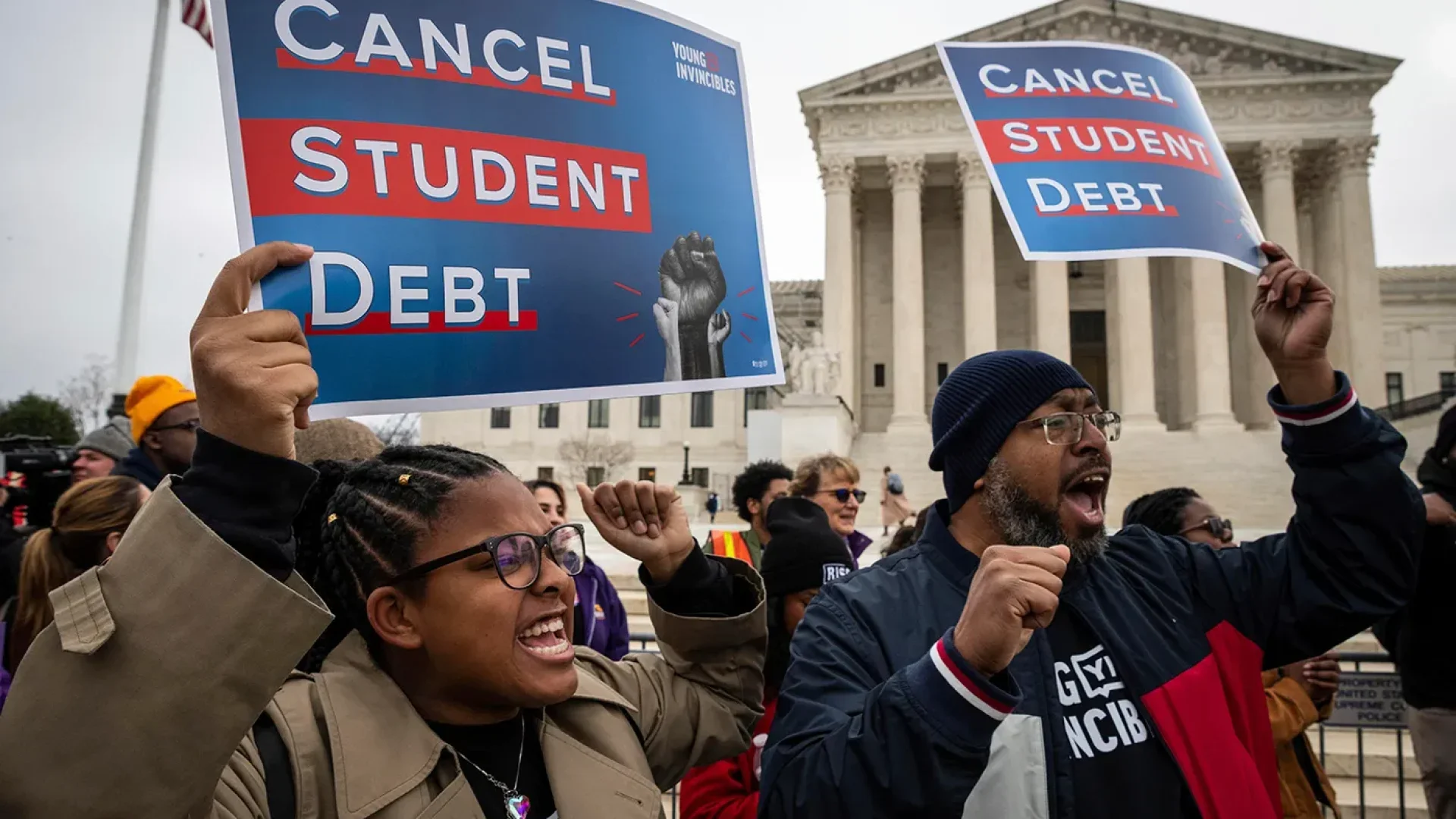
On Friday, the Supreme Court released the last of its decisions, including its highly-anticipated ruling on student loan forgiveness. The high court’s conservative supermajority ruled against President Biden’s plan, saying that it overstepped the Department of Education’s authority.
Biden had argued that the Higher Education Relief Opportunities for Students Act of 2003, which former President Trump utilized during the pandemic to pause student loan payments, provided his administration with the authority for this plan.
The court disagreed. Chief Justice John G. Roberts Jr. wrote “that a mass debt cancellation program of such significance required clear approval by Congress.” Roberts said that the concept that the education secretary’s “power to ‘waive or modify’ loan terms allowed for debt cancellation- was a vast overreach.” In the 26-page opinion, Roberts also quoted a previous decision of the court, “In the same sense that the French Revolution ‘modified’ the status of the French nobility.”
Writing for the minority with her dissent, Justice Elena Kagan said “the court was exceeding ‘its proper, limited role in our nation’s jurisprudence.’”
On a larger scale, this case had broader implications than just on whether or not Biden’s plan would be enacted, including “the ability of federal agencies to act without specific congressional authorization; and the power of Republican-led states to use the judiciary to stop a president’s priorities before they take effect.”
This is yet another blow after The Supreme Court struck down affirmative action on Thursday. “The Supreme Court said don’t worry about getting into college—you won’t be able to pay for it anyway.” MSNBC analyst Brittany Packnett Cunningham tweeted.
This ruling impacts the almost 26 million borrowers who applied to have some of their debt erased after Biden promised “to forgive $10,000 in debt for individuals earning less than $125,000 per year, or $250,000 per household, and $20,000 for those who received Pell grants for low-income families,” last August.
After the news about the decision was released, progressive U.S. Representative Alexandria Ocasio-Cortez wrote, “It is very important to note this SCOTUS ruling does NOT remove Biden’s ability to pursue student loan forgiveness. The Biden Admin can use the HEA (Higher Ed Act) – our position from the start – to continue loan forgiveness before payments resume. They should do so ASAP,” continuing “Just last year, DOE forgave $6 billion for defrauded students. Trump completely wiped out debt for disabled veterans. Neither program was challenged nor overturned. We still have the power to cancel and must use it, or we’re looking at an economic crisis for millions of people.”
Executive director of the Student Debt Crisis Center Cody Hounanian agrees, and believes that the administration should try again, stating “Bold decisions and transformative policies are often met with initial resistance.”
With this decision, the pressure has ratcheting up for this Administration to deliver on their campaign promises for student loan forgiveness, especially with a looming 2024 presidential campaign. But the White House said they have been preparing for this outcome. The President is expected to deliver remarks later today and will “announce new actions to protect student loan borrowers.”





